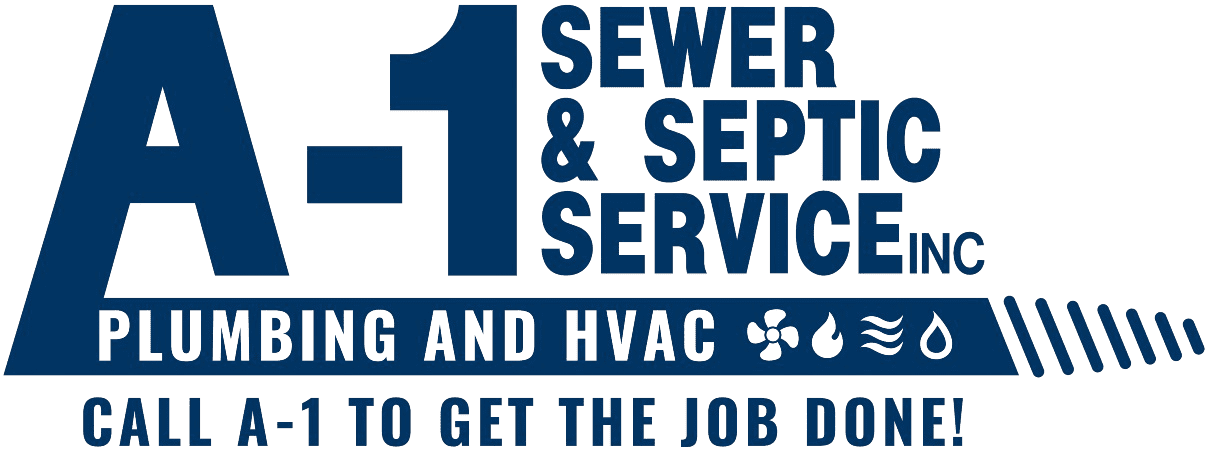A clogged toilet. A leaky faucet. A water heater that suddenly stops providing hot water. If you’re a tenant, one of the first questions you’ll ask is: “Do I have to pay for this, or is my landlord responsible?”
Plumbing responsibilities in rental properties can often be unclear. Unlike homeowners, who know precisely how their plumbing has been used and maintained, tenants inherit an unknown system. Old pipes, worn fixtures, or improper use by previous tenants can all lead to problems, and the cost of repairs isn’t always clear.
The answer typically depends on three things: the cause of the problem, the lease agreement, and state laws. By understanding these factors, both landlords and tenants can avoid disputes, unexpected bills, and even issues with the security deposit at move-out.
Tenant or Landlord: Who Pays for Plumbing Repairs?
Plumbing problems in rented homes often spark debates about responsibility, but the answer depends on cause, lease terms, and state law.
The most important factor is cause:
● When a tenant’s misuse or neglect causes a problem, the tenant is responsible for the repair.
● If the issue is from normal wear, old fixtures, or hidden defects, the property owner (landlord) is responsible.
Tenant Responsibilities
Tenants must care for the rental unit and handle minor plumbing concerns.. Common examples include:
● Unclogging a toilet or drain when wipes, paper towels, grease, or hair cause the blockage.
● Fixing minor faucet drips or shower leaks if caused by misuse.
● Avoiding damage by flushing only toilet paper and keeping grease or food out of sinks.
● Reporting problems quickly to prevent them from worsening.
Failure to report issues can backfire. If tenants ignore a small leak, it can grow into a larger problem, cause water damage, and force landlords to deduct repair costs from the security deposit.
Landlord Responsibilities
A property owner or landlord has a legal obligation to provide a safe and habitable home. They are generally responsible for:
● Major repairs, such as broken water heaters, burst pipes, or sewer line backups.
● Ensuring the home has a safe and working water supply line.
● Fixing issues with running toilets, low water pressure, or deteriorated plumbing caused by age.
● Replacing plumbing fixtures, pipes, or appliances that fail due to wear and tear.
Key Takeaway: Tenants cover misuse and neglect; landlords cover repairs related to age, everyday wear and tear, or system failure.
How Landlords and Tenants View Plumbing Problems in Rentals
Tenant and landlord interactions influence how they handle plumbing problems.
1. Homeowners Act Quickly
Homeowners value their property and are typically proactive about maintaining their plumbing, viewing prompt repairs as a way to protect their investment.
2. Renters Rely on Landlords
Tenants usually call the landlord or property management for issues ranging from running toilets to dishwasher leaks. But honesty is crucial. If the plumber determines that the tenant caused the problem due to misuse, the landlord may charge the tenant for the repair costs.
3. Service Calls Are Common in Rentals
Plumbers often respond to calls from rentals that could have been avoided. Many tenants are unfamiliar with basic plumbing care, such as avoiding grease in drains or monitoring changes in water pressure. Better education upfront saves both parties money.
4. Landlord Tip: Preventive Maintenance
For landlords, preventive steps, such as annual drain cleaning or inspecting supply lines between tenants, reduce the likelihood of emergencies. They also demonstrate good faith, which can improve tenant relations and reduce disputes about tenant rights.
What Should the Lease Agreement Cover?
A strong lease agreement is the foundation for clear expectations.
Terms That Address Plumbing Repairs
Leases should specify:
● Which repairs are considered “minor” (i.e., the tenant pays)?
● Which are “major” (landlord covers).
● How tenants should report plumbing issues.
● The timeframe in which landlords must respond.
Cost-Sharing Provisions
Some agreements include a tenant contribution (e.g., the first $50 of any service call). Others make the landlord fully responsible. Clearly defining the cost of repairs prevents disagreements later.
Defining Plumbing Terms
A good lease clarifies:
● What qualifies as misuse vs. normal wear.
● Who handles unclogging drains.
● Procedures for emergencies like loss of hot water or burst pipes.
Why It Matters
Vague leases create confusion and conflict. Disputes may escalate to rent withholding, legal action, or deductions from a security deposit. Clear terms help both parties protect their interests and respect tenant rights.
Tenant Tips: Preventing Common Plumbing Problems
Tenants can save themselves stress and protect their security deposit by practicing good plumbing habits.
● Don’t pour grease down the drain: Grease solidifies, causing clogs that require professional unclogging.
● Use hair catchers in drains: Prevents blockages that lead to poor water flow and reduced water pressure.
● Flush only toilet paper: Other items cause costly clogs and disputes over responsibility.
● Run the garbage disposal carefully: Avoid fibrous veggies, rice, coffee grounds, and large food scraps.
● Address minor problems promptly: Report or fix drips, leaks, or running toilets before they escalate.
Landlord Tip: Provide tenants with a plumbing care guide at the time of move-in. This small step reduces the frequency of emergency calls and safeguards the property owner’s investment.
Legal Responsibilities: Tenant Rights and Landlord Duties
Most states require landlords to provide a habitable living space under the implied warranty of habitability. In practice, it means:
● The plumbing, drains, and water supply system must be functional.
● Tenants must have safe, reliable access to hot water.
● Repairs must be made in a reasonable time once reported.
Tenant rights vary by state, but usually include:
● The right to a functional plumbing system.
● The right to timely repairs.
● The right to withhold rent or seek legal remedies if landlords ignore major problems (though rules differ by state).
Tenants must:
● Use plumbing responsibly.
● Avoid intentional damage or negligence.
● Report problems promptly so the landlord can act.
Because state laws vary, both tenants and landlords should review local regulations or seek legal advice when disputes arise.
FAQ: Plumbing Repairs in Rentals
Who pays for a clogged drain in a rental?
Tenants must take responsibility for clogs caused by misuse, such as hair, wipes, or grease.. If the issue is due to long-term buildup, tree roots, or pipe deterioration, the landlord is responsible.
Is the landlord responsible for replacing a water heater? Yes. If a water heater fails due to age or wear, the landlord is responsible for covering the replacement cost. If misuse caused the damage, the tenant may be held accountable for part of the repair costs.
Can tenants withhold rent if the landlord fails to make necessary plumbing repairs? Sometimes, but it depends on state law. Tenants should document their requests, familiarize themselves with their rights as tenants, and follow proper legal procedures before withholding rent.
What plumbing issues are considered normal wear and tear? Pipe corrosion, leaks from aged seals, fixture deterioration, and reduced water pressure are examples of normal wear and tear. These are the landlord’s responsibility.
Can my security deposit be used for plumbing repairs? Yes, if damage is caused by tenant negligence (like flushing non-flushables or ignoring leaks). Landlords cannot withhold a tenant’s security deposit to cover regular wear and tear repairs.
Need Plumbing Help in Your Rental? Call A-1 Sewer Today
Plumbing issues in rental homes don’t just cause inconvenience — they can strain relationships between tenants and landlords if not resolved quickly. Tenants must use plumbing responsibly and protect their tenant rights, while landlords (as the property owner) must ensure the system is safe, functional, and legally compliant.
If you’re in the Kansas City area and facing clogs, leaks, running toilets, low water pressure, or water heater problems in a rental property, A-1 Sewer & Septic Service is here to help. Our licensed plumbers handle everything from routine unclogging to major sewer repairs and complete water heater replacement.
Contact us today to schedule same-day service, emergency plumbing repairs, or preventive maintenance to keep your rental’s plumbing in top shape.

